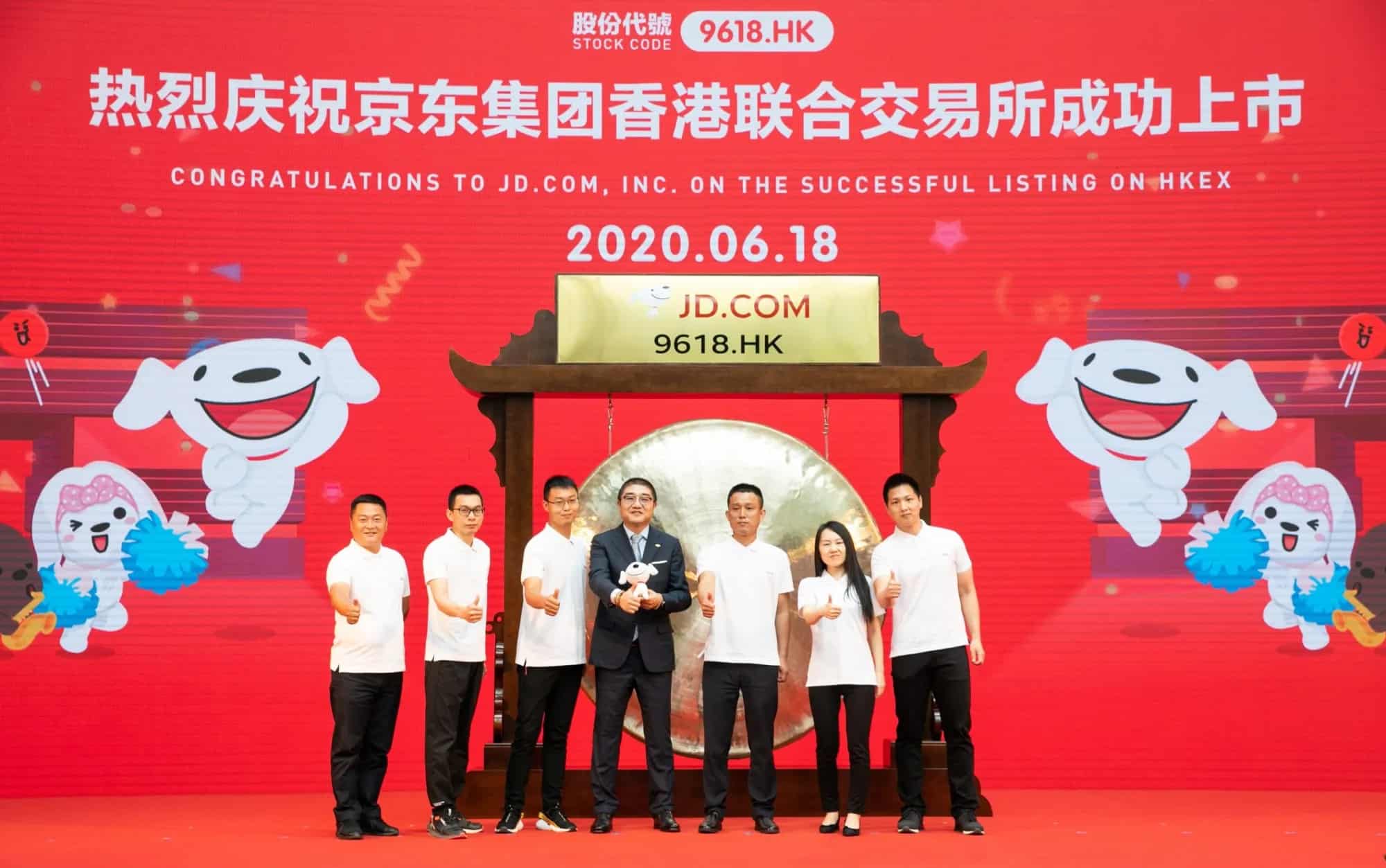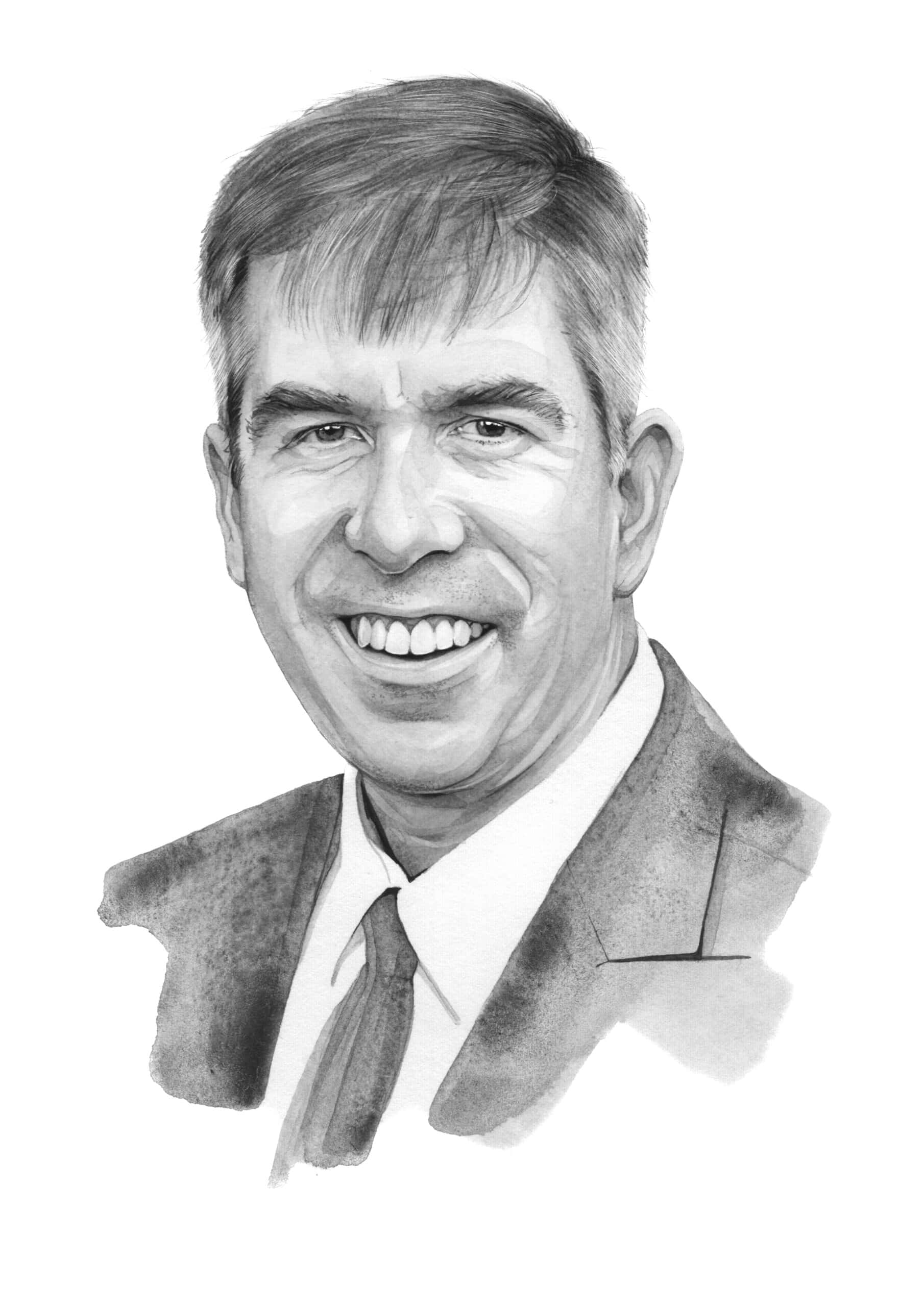Good evening. Tom Zhu is the most senior executive at Tesla behind Elon Musk, and he often inspires comparisons to Tim Cook at Apple: the steady hand charged with executing the vision of a mercurial genius. But very little is known about Zhu, even as the challenges he is facing in China and abroad mount. This week, our cover story looks at Tesla Tom. Elsewhere, we have infographics on the disappeared moguls of China; an interview with Ro Khanna on how to change the U.S.-China economic relationship; a roundup of the best new China books; and an op-ed from Daniel Bell about the limits of one-man rule. If you’re not already a paid subscriber to The Wire, please sign up here.
Want this emailed directly to your inbox? Sign up to receive our free newsletter.
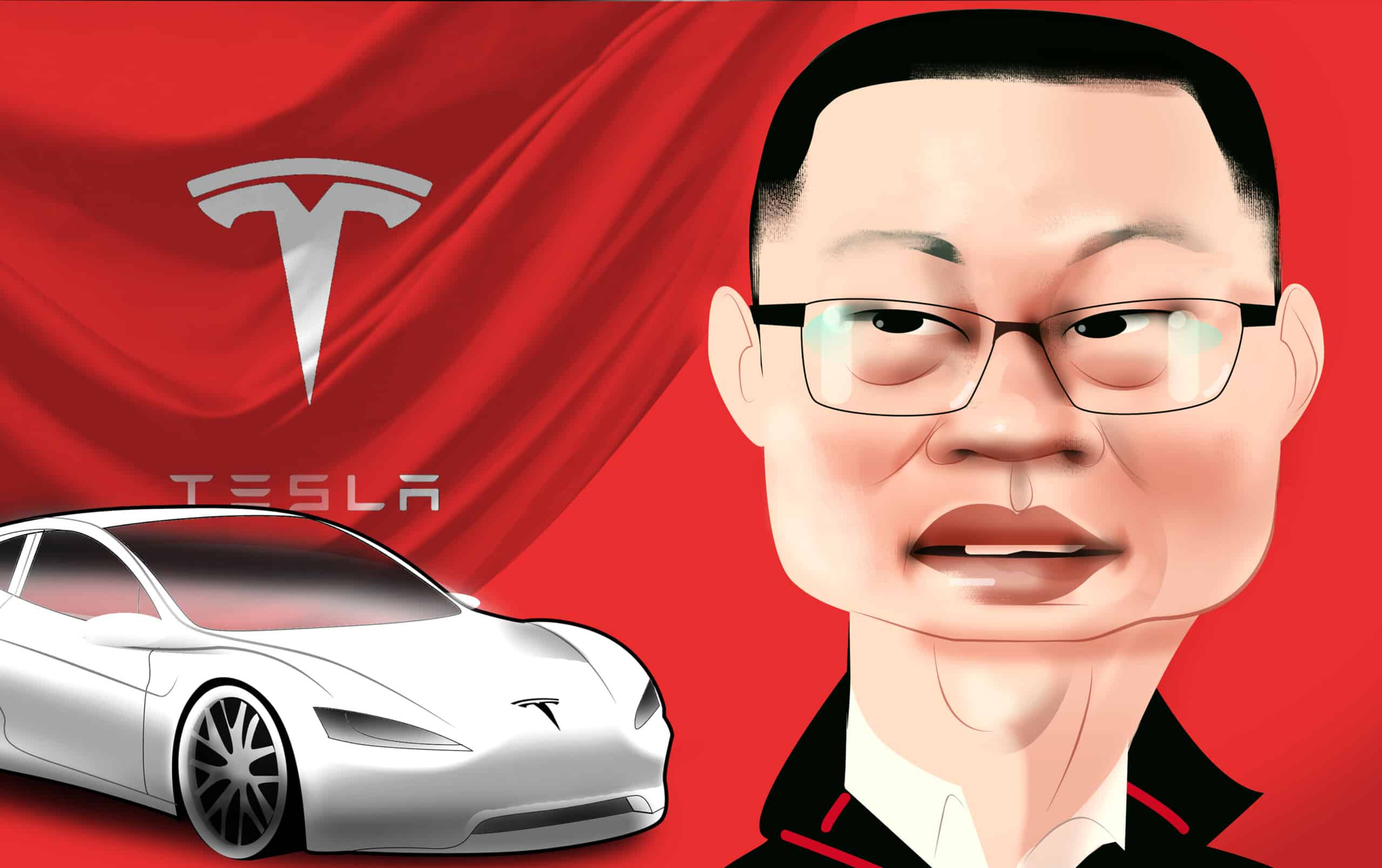
Tesla Tom
Tom Zhu accomplished Herculean tasks in China for Tesla, including building the company’s supercharger network and its famed Shanghai Gigafactory, which produces more than 80,000 cars a month. But as Katrina Northrop reports, now that Zhu has been promoted to oversee Tesla’s U.S. plants as well, his famed pedal-to-the-metal approach might stall.
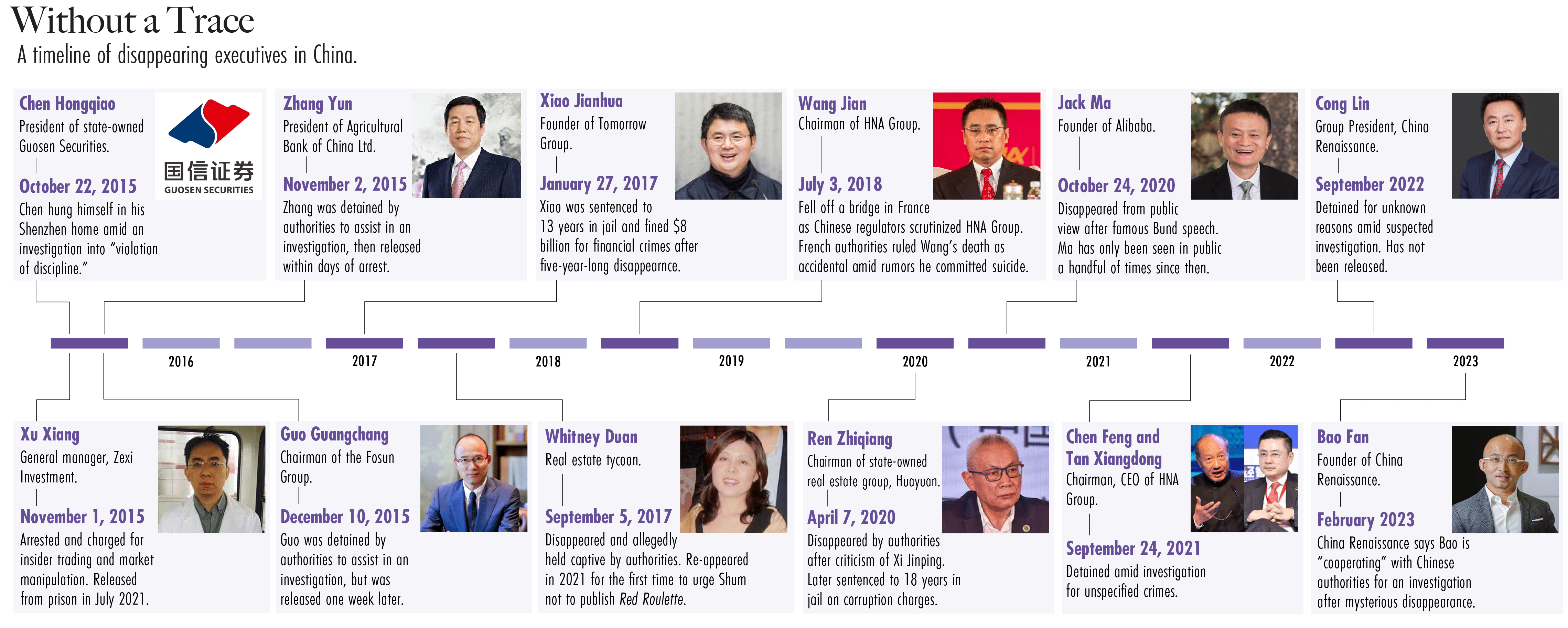
The Big Picture: Without a Trace
Financier Bao Fan is just the latest top Chinese executive to disappear in recent years. This week’s infographic by Grady McGregor looks at what the disappearances reveal about government priorities, the impact on the business sector, and how sudden disappearances may conflict with a China re-opening to the world.
A Q&A with Ro Khanna
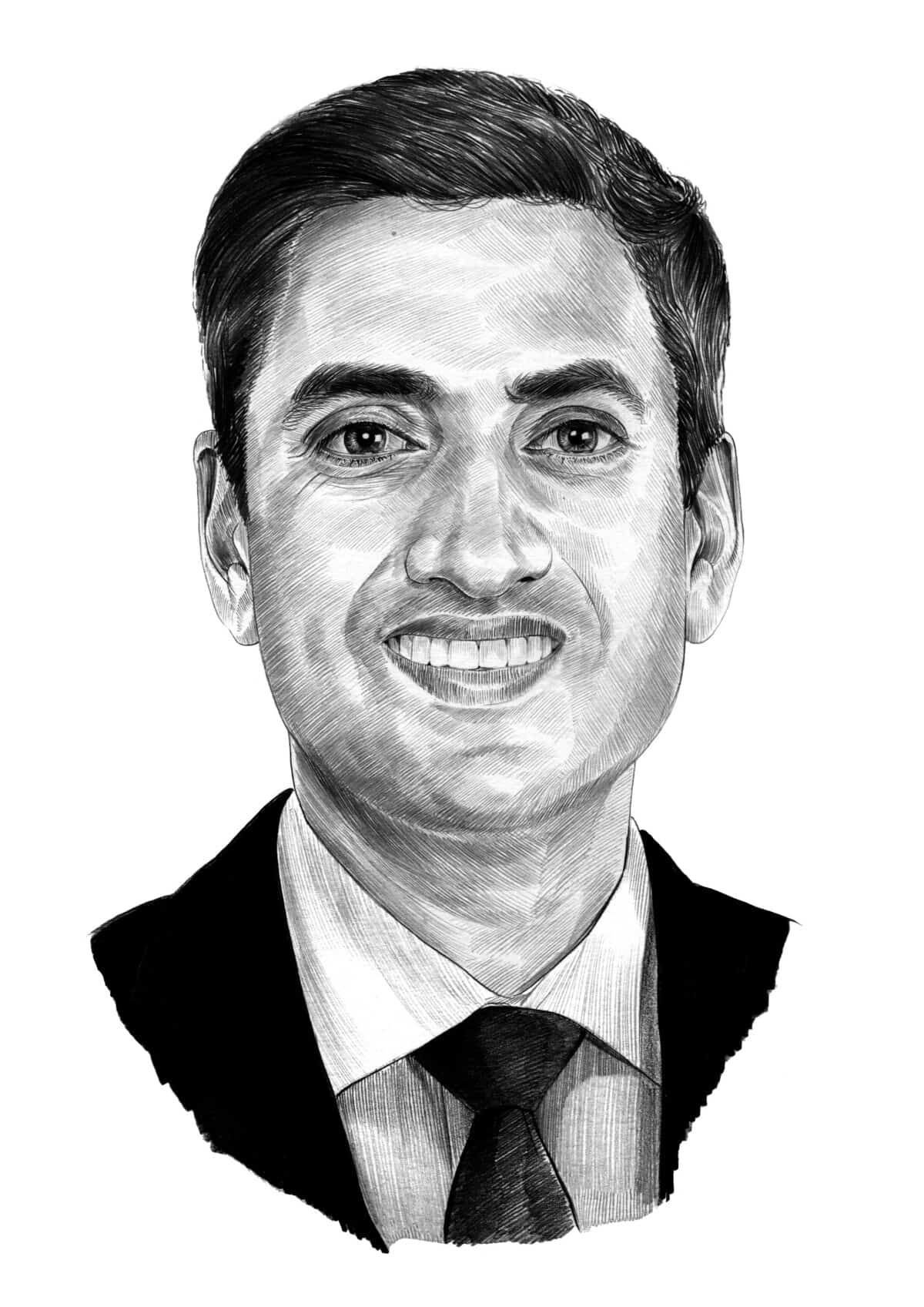
Ro Khanna is a Democratic Congressman from California’s 17th District, which includes Silicon Valley. He recently joined the House’s new Select Committee on China, and also sits on the House Armed Services Committee, and co-chairs the Congressional Caucus on India and Indian Americans. Prior to being elected to Congress in 2016, he taught economics at Stanford University and served as deputy assistant secretary of commerce in the Obama administration. In this week’s Q&A with Katrina Northrop, he talks about how to change the U.S.-China economic relationship; his vision of a ‘new economic patriotism’; and why Silicon Valley firms should rethink their ties with China.
Ro Khanna
Illustration by Lauren Crow
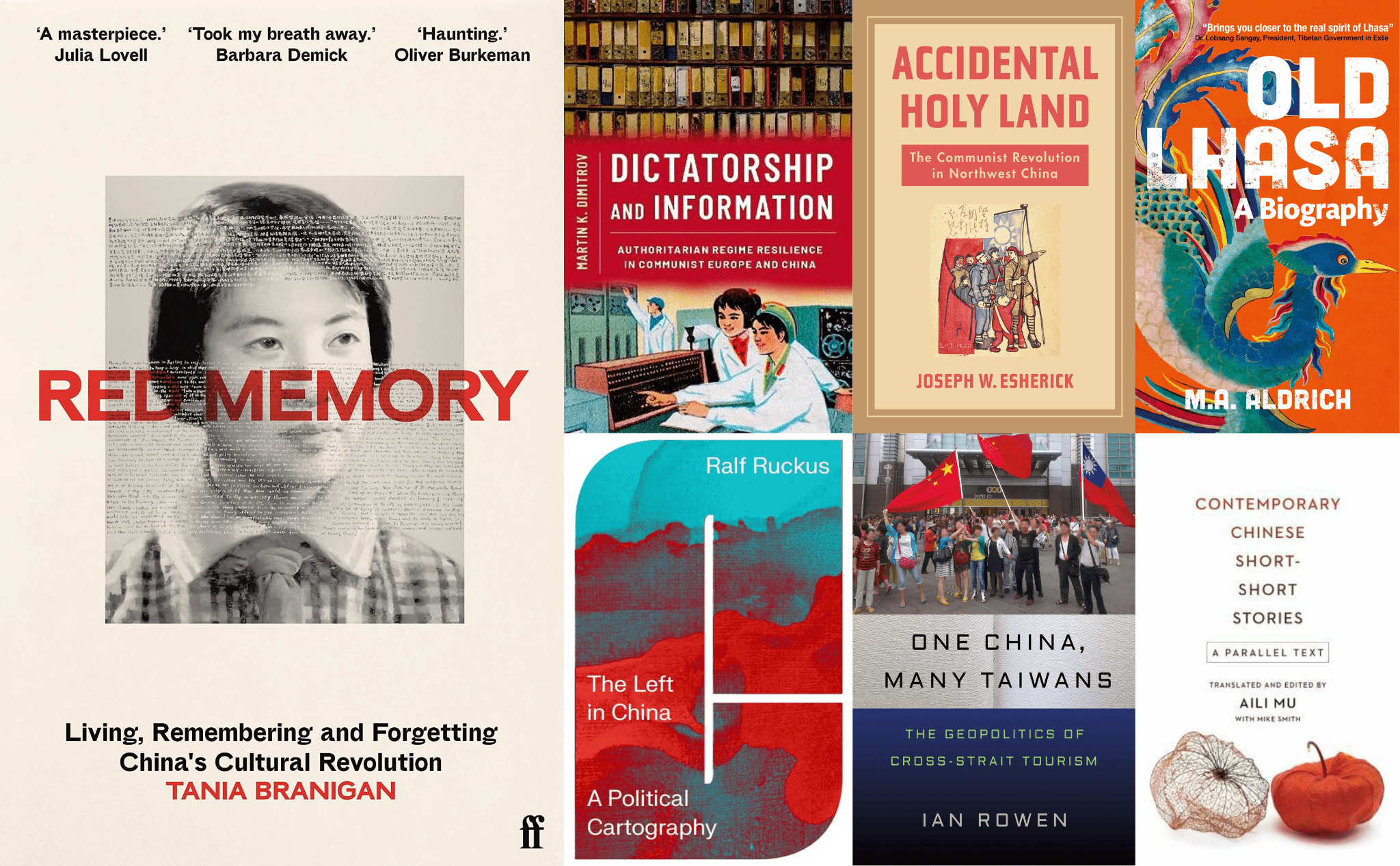
Books for Remembering the Past
Xi Jinping has quoted a Qing scholar saying that “To destroy a country, you must first destroy its history.” He was warning about ‘historical nihilism,’ relating in part to the Party’s own past, but the line could equally apply to China’s collective acts of self-forgetting. The quote is used as an epigraph in Alec Ash’s top book pick this month, a reported history of the Cultural Revolution that digs into questions about historical memory.
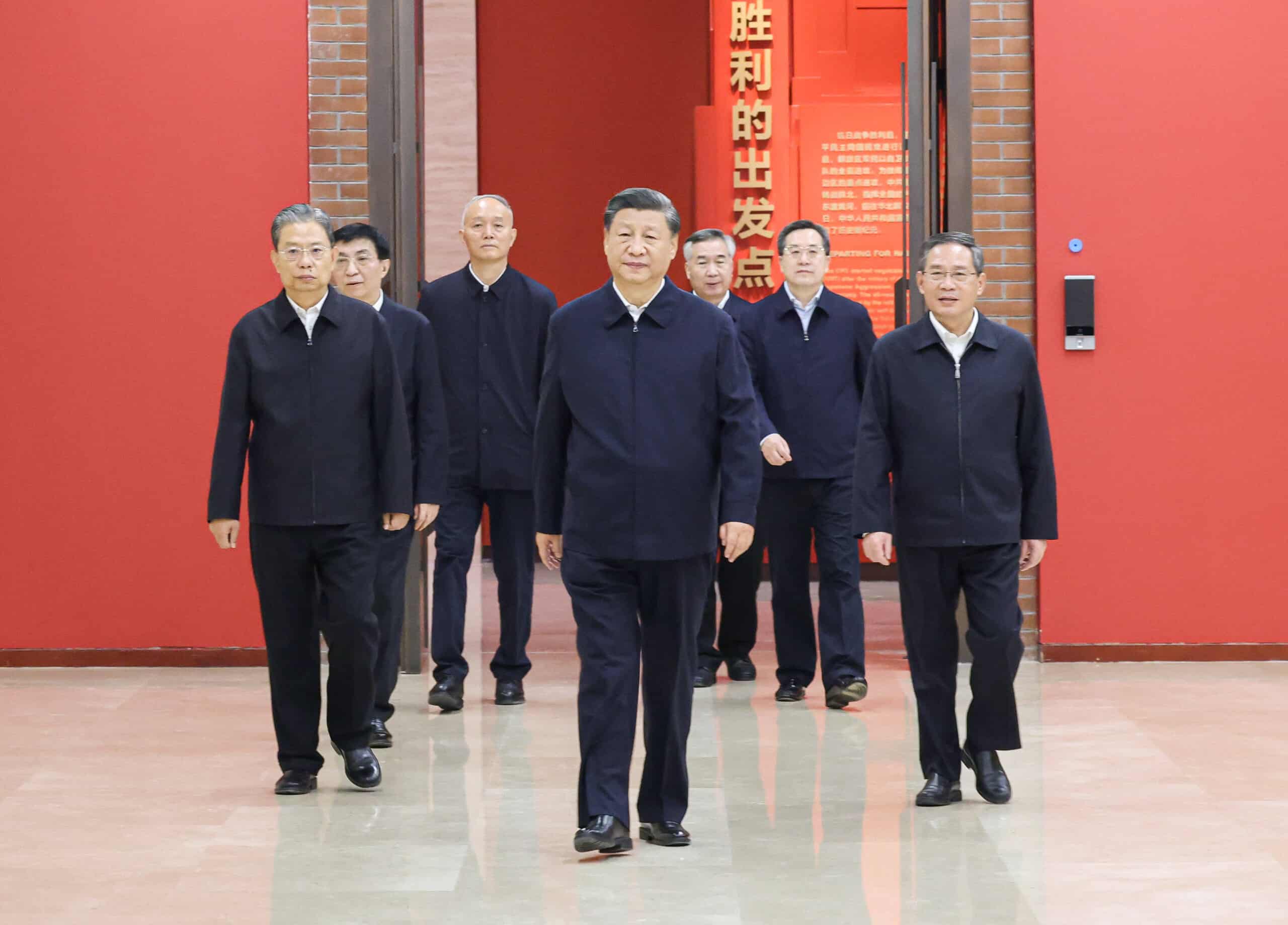
The Limits of One-Man Rule
The new appointees on the Standing Committee of the Politburo are expected to assume formal power in March. Were they selected because they are “yes men” from Xi Jinping’s past? Or could it be that because they are familiar with Xi, they will be more willing to criticize his views? In this week’s op-ed, Daniel Bell, a longtime analyst of the CCP, says he hopes it’s the latter, but it’s hard to be optimistic.
Subscribe today for unlimited access, starting at only $19 a month.


